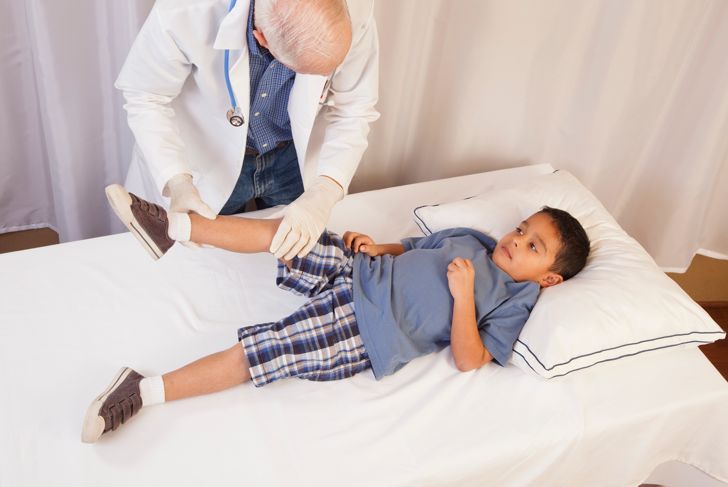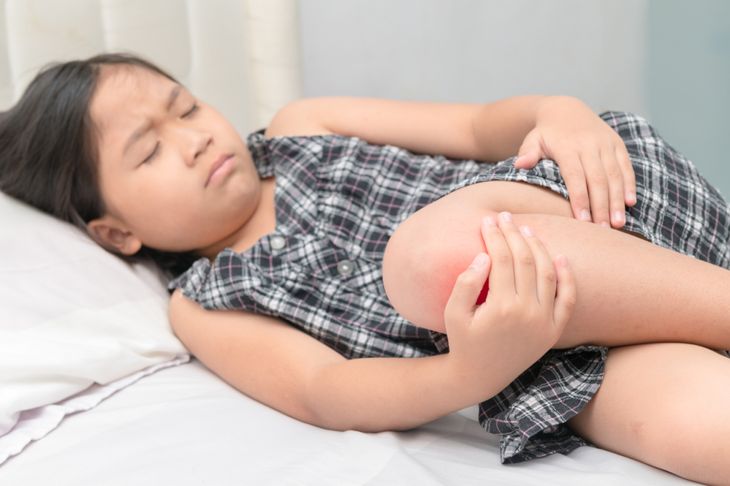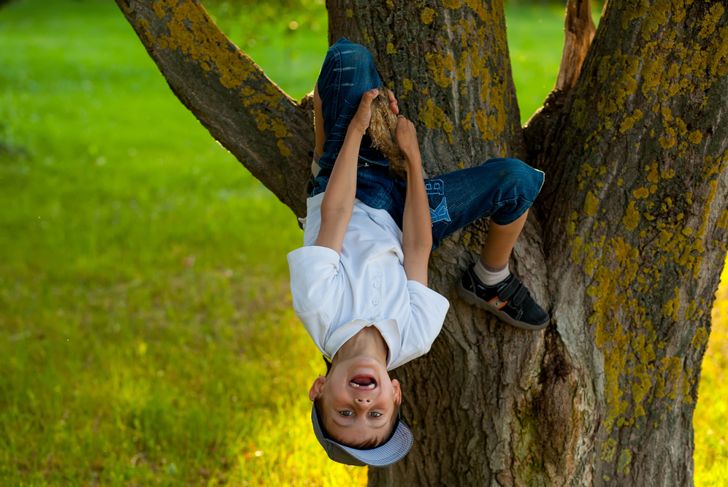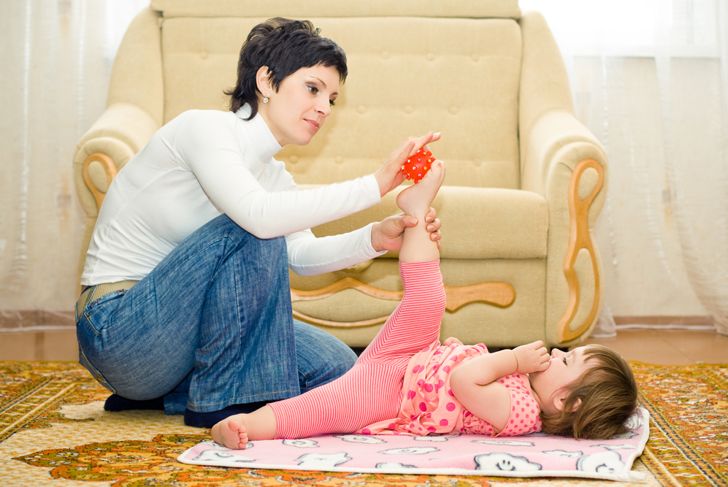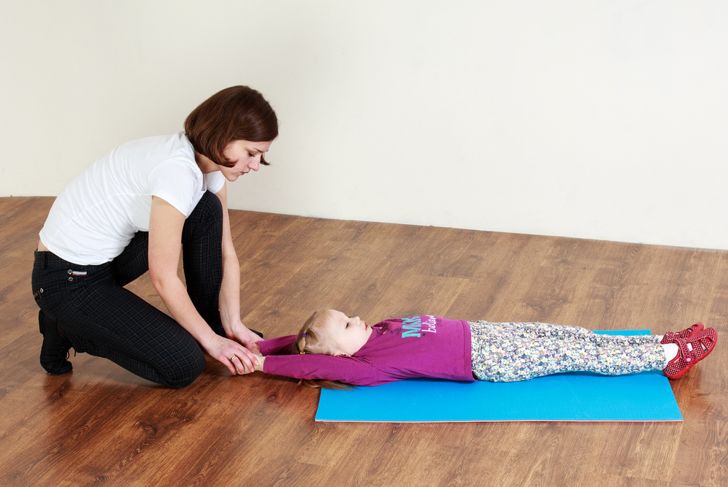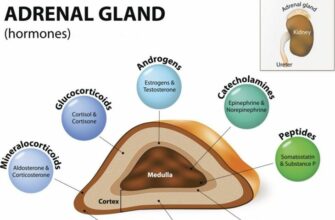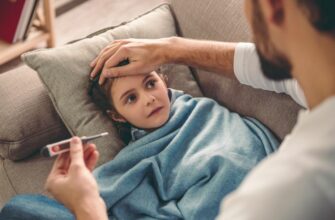Parents are often confronted with predicaments where they do not know what to do when their young children experience more pain than the usual. Their child may cry at night and mommy will try to calm her child by rubbing and soothing their body. Most probably, the child is undergoing some pains. Parents are utterly hurt when they see their children in pain. As adults, we have observed older people suffer from their unique challenges and how they would recover from their injuries.
How many children experience growing pains?
About 40% of young children go through some sort of growing pains that can happen in varying degrees. Doctors are often in the dark on how to accurately diagnose such pains. Much worse, you may not even find a remotely sympathetic one. Is it because the child cannot adequately articulate what they are feeling? After all, such growing pains happen at the early stages of life. Growing pains generally occur in two periods. The first is in early childhood and encompasses ages 3-5. The second is in the later years, from 8-13 years old. Surprisingly, the pains affect even the healthiest children and generally happen at night.
What does the child feel when growing pains occur?
At its worse, children will experience intense cramps and pain that can affect both of their legs symmetrically but not always simultaneously. Aside from the calf, legs, shins, thighs, joints, and ankles can get affected as well. When it happens, the child may develop a limp or become unable to walk.
What are the symptoms of growing pains?
The concentration of experienced pain is in the child’s muscles, and not the joints. A majority of kids feel the pain in the calves, in front of their thighs, or behind the knee. When joints get affected by more severe diseases, they’re usually swollen, tender, warm, or reddish. Surprisingly, the joints in kids who are experiencing growing pains appear normal. The condition can strike late in the afternoon or before bedtime or at night when the sleeping child might wake up because of the pain. How much pain is experienced varies for every child. The frequency of pain can also vary, although most children don’t experience it every day.
What causes growing pains?
There is no clear answer on what causes growing pains. Some say it’s caused by bone growth. Others believe it might be discomfort caused by climbing, running, and jumping, especially for active kids throughout the day. Perhaps the pain is manifesting itself after the child has had an exceptionally lively day.
How can you be sure that your child is only experiencing growing pains?
Children go through rapid development and growth, and as a consequence, they’re predisposed to aching, pain, and cramping, especially on their feet and legs. Maybe muscle growth cannot catch up with bone growth. Do not assume that the pain child is going through nothing but a rite of passage and doesn’t need any remedy for the pain. Some tools like heat, gentle stretching, and massages can relieve the soreness and, at the same time, increase flexibility. Heel lifts and arch supports are short-term tools that may also provide adequate relief from pain.
Is there a possibility that it’s something more serious than growing pains?
When a child experiences pain in the limbs, this may not always be symptoms of growing pain. Unfortunately, it could be something more serious like a chronic rheumatic disease, childhood arthritis, leukemia, sepsis, or inflammatory muscle disease. Parents should take notice of indicators that their children may not be well. For instance, any swelling of the joints should need immediate medical attention. The same goes for excessive heat, pain in just one of the legs, redness, excessive pain in the back or arms, loss of appetite, weight loss, or fever. A child who has severe and repetitive growing pains will need medical attention as well.
When should you go to the doctor for growing pains?
Growing pains may be genetic, or not. It’s not certain if the habits of a family get passed on to the children. When you are not sure if your child is experiencing growing pains, check with your doctor. A doctor can be helpful in relieving your child’s pains. Medications at home are not sufficient for your child.
How do doctors diagnose growing pains?
Doctors can make their diagnosis of growing pains by the way the child responds to touch while in pain. It’s instinctive that children do not like other people handling them when they’re in pain because any movement will aggravate their condition. But when their parents hold, massage, and cuddle them, this will make them feel better. Doctors diagnose growing pains using a process of exclusion. This means that before they can make a diagnosis, they have to rule out other conditions first. To do this, the doctor will check their medical history and perform a physical examination. In rare instances, the child may need x-rays or blood tests before the doctor can diagnose the condition as growing pains.
Should you keep records of your child’s growing pains?
Try keeping a diary to record the activities that are the most probable causes of the attacks. You should also enter the frequency of attacks in the diary. They may happen consecutively for a number of nights, or they won’t recur for days, weeks, or even months. Write down not just frequency but any episodes of unusual behavior as well. These can include being lethargic, uncommunicative, obstinate, becoming overtired, afraid to sleep, worried, and losing enthusiasm in activities in school or playing with their friends. Such behaviors can have a substantial effect on a young child.
Can you prevent growing pains from happening?
Many may not agree with this idea, but there are some proactive precautions you can do before your child goes to bed that might be able to prevent growing pains from happening. You can perform simple stretching exercises before retiring. These seem to delay the onset of growing pains. You can incorporate these exercises into your child’s daily nighttime routine so they become a natural part of getting ready for bed.

 Home
Home Health
Health Diet & Nutrition
Diet & Nutrition Living Well
Living Well More
More